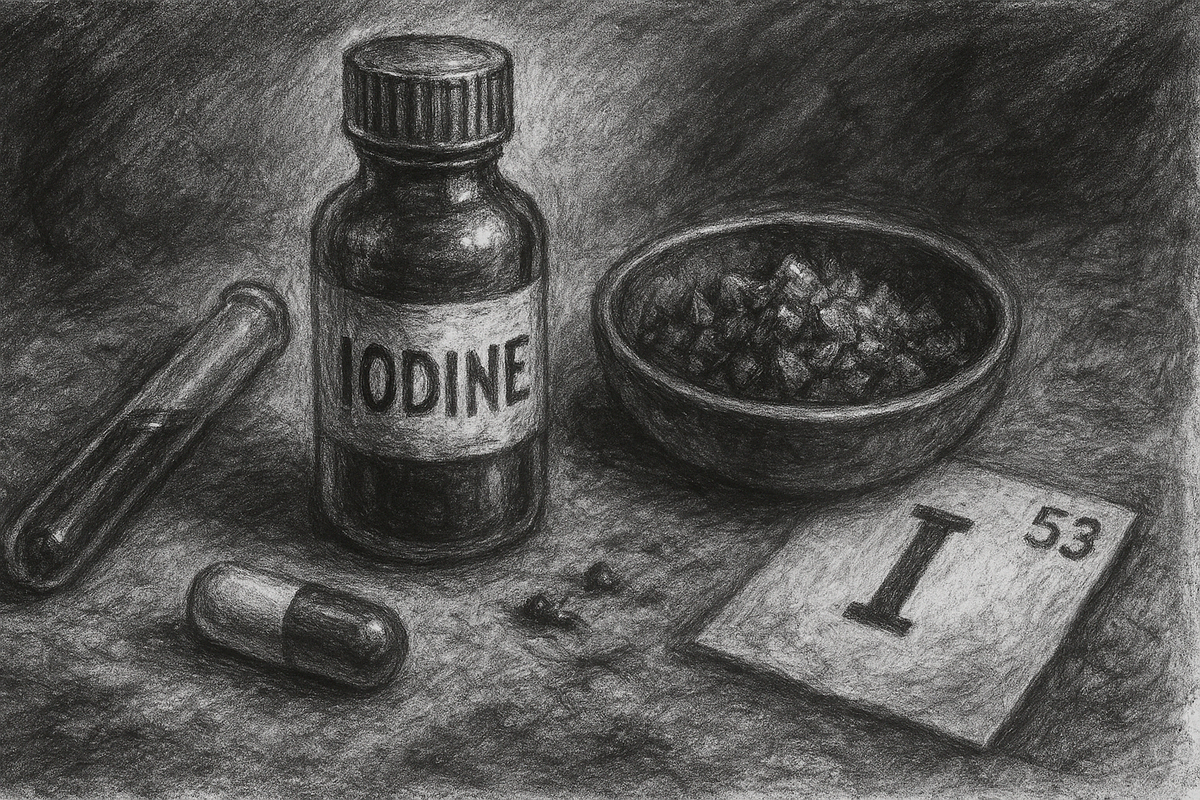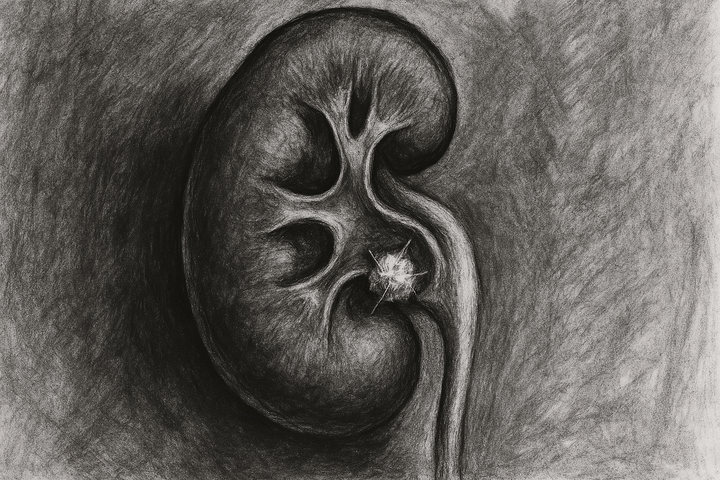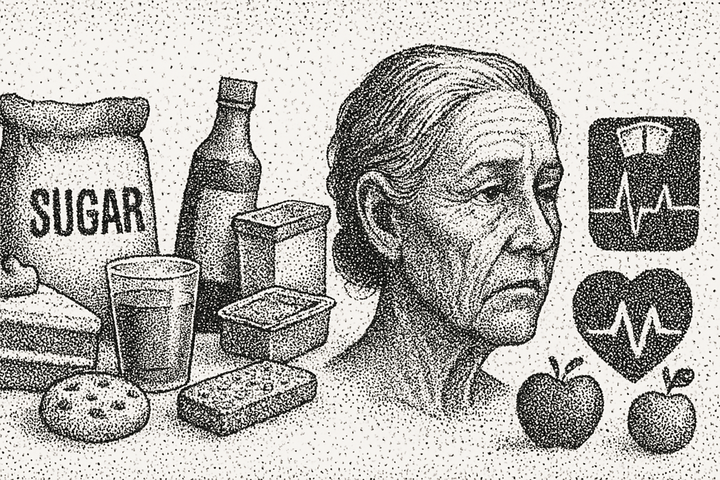Iodine: Fueling Your Body’s Engine

What is Iodine?
Iodine is an essential trace mineral critical for maintaining optimal health, primarily due to its role in thyroid hormone synthesis. These hormones regulate metabolism, growth, and development across all life stages, making iodine indispensable. Its importance is particularly pronounced during pregnancy and early childhood, where it supports neurological and skeletal development. Iodine deficiency remains a global health concern, potentially leading to severe developmental and metabolic disorders. This report explores iodine’s functions, the consequences of deficiency, and dietary sources, drawing exclusively from academic and government sources to ensure reliability.
Importance of Iodine
Iodine is vital for producing thyroid hormones, thyroxine (T4) and triiodothyronine (T3), which are essential for metabolic regulation, protein synthesis, and enzymatic activity. It plays a critical role in fetal and infant development, particularly for the brain and skeletal system. According to the National Institutes of Health, iodine deficiency is the leading preventable cause of intellectual disability worldwide, affecting millions, particularly in regions with low dietary iodine intake. Adequate iodine ensures proper growth, cognitive function, and overall health, underscoring its significance.
Functions of Iodine in the Body
Iodine is primarily utilized by the thyroid gland to synthesize T4 and T3. These hormones regulate:
- Metabolic Processes: Controlling energy expenditure, protein synthesis, and enzymatic activity, which influence heart rate, body temperature, and weight.
- Growth and Development: Supporting skeletal and central nervous system development, crucial for fetuses and infants.
- Neurological Health: Ensuring proper brain development, particularly during early life stages.
The thyroid absorbs iodine from the bloodstream, incorporating it into thyroglobulin to produce T4 and T3. This process is regulated by thyroid-stimulating hormone (TSH), which increases iodine uptake when levels are low. The Harvard Nutrition Source notes that these hormones assist in protein creation and enzyme activity, maintaining normal metabolism across tissues.
Consequences of Iodine Deficiency
Iodine deficiency disrupts thyroid hormone production, leading to a range of health issues:
- Hypothyroidism: Occurs at iodine intakes below 10–20 mcg/day, causing fatigue, weight gain, constipation, depression, and sensitivity to cold.
- Goiter: An enlarged thyroid gland, often visible as neck swelling, develops at intakes below 100 mcg/day as the gland compensates for low iodine.
- Developmental Impacts:
- Pregnancy and Infancy: Severe deficiency can cause miscarriage, stillbirth, growth retardation, and cretinism, characterized by severe intellectual disability, deaf mutism, motor spasticity, and stunted growth. Even mild deficiency may lead to cognitive deficits, such as reduced reading and spelling abilities.
- Children: Deficiency is linked to neurodevelopmental deficits and a 12–13.5-point IQ reduction in moderate to severe cases.
- Adults: Impaired mental function, reduced productivity, and increased risk of follicular thyroid cancer.
High-risk groups include pregnant and breastfeeding women, infants, vegetarians, vegans, and those in iodine-poor regions. The National Institutes of Health emphasizes that deficiency remains a significant global issue, particularly in areas without iodized salt programs.
Dietary Sources of Iodine
Iodine is naturally present in marine-derived foods and fortified products. The following table, adapted from the National Institutes of Health, lists key sources with approximate iodine content:
Additional sources include:
- Seafood: Fish (cod, tuna), shrimp, and seaweed (kombu, wakame, nori).
- Dairy: Milk, yogurt, and cheese, with iodine content varying by cattle feed.
- Eggs: Primarily in the yolk.
- Fortified Foods: In Australia, breads (except organic) contain iodized salt, per the Better Health Channel.
Iodine content varies due to soil quality, farming practices, and processing. In the U.S., iodized salt and dairy are primary sources, while in Australia, fortified bread is significant. The Harvard Nutrition Source highlights that animal proteins and sea vegetables are rich in iodine, with fortified foods like cereals also contributing.
Additional Considerations
- Recommended Intake: The Recommended Dietary Allowance (RDA) is 150 mcg/day for adults, 220 mcg for pregnant women, and 290 mcg for lactating women. The Upper Limit (UL) is 1,100 mcg/day to avoid thyroid dysfunction.
- Supplementation: Pregnant and breastfeeding women may require supplements (150 mcg/day) to meet needs, as dietary sources alone may be insufficient.
- Global Context: Iodine deficiency is rare in countries with iodized salt programs but persists in regions with limited access to fortified foods.
Conclusion
Iodine is a critical nutrient for thyroid function, metabolic regulation, and developmental health. Its deficiency can lead to profound consequences, particularly for pregnant women and children, making adequate intake essential. By consuming iodine-rich foods like seafood, dairy, eggs, and iodized salt, most individuals can meet their needs and prevent deficiency-related health issues. Continued public health efforts, such as salt iodization, are vital to address global iodine deficiency.
Key Citations
- Iodine - Health Professional Fact Sheet - National Institutes of Health
- Iodine - The Nutrition Source - Harvard T.H. Chan School of Public Health
- Iodine - Better Health Channel - Government of Victoria, Australia
Disclaimer: This blog post is for informational purposes only and does not constitute medical advice. Always consult a healthcare professional before making changes to your diet, lifestyle, or supplement routine.




Comments ()